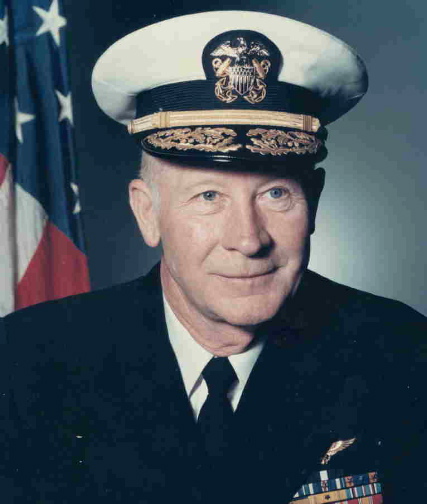We are coming up on the fourth anniversary of the passing of
Jackson D. Arnold, Admiral, United States Navy. The year before Jack died I was going through Christmas cards
with him asking who was who and he told me this story when we got to one from
Joe Wilson.
Known to almost all who knew him as Gentleman Jack. Uniquely positioned in history, born a
year after the first aircraft touched down on a ship, he started flying biplane
seaplanes, flew the very first jets off carriers, designed the first space suits
and ended up his career as the first commander of Naval Materiel Command.
Much of what he did in his naval career made huge impacts on
the course of Naval Aviation and the course of several wars. But nothing he did had more impact on a
life than a single strafing run on HIRYU while he was Commander of the Air Group
(CAG) on the second HORNET.
Near the end of her first war cruise, HORNET was Flagship of
RADM Jocko Clark’s Task Force 58.1 for the Battle of the Philippine Sea. Six Grumman TBF Avenger Torpedo
Bombers from Belleau Wood, one of
the Task Force’s four carriers, hit the Japanese carrier HIRYU. She was burning strongly. HORNET’s fighter squadron attempted a
low angle dive bomb attack on her.
After dropping his bombs, Jack dropped down to strafe the deck with his
F6F Hellcat’s six .50 caliber machine guns. While the bombs had done little apparent damage, between the
bombs and the torpedoes, HIRYU’s aviation gasoline tanks had been breeched. Jack’s strafing run set the vapors off
and the vessel sustained mortal damage.
At the time of time of the attack on HIRYU, a young Japanese
pilot was bolted in the cockpit waiting to take off on a Kamikaze mission. Imprisoned in his cockpit, he waited with terror, then
resignation as HIRYU was torpedoed, then bombed. Just as it looked like he might survive, he looked up to see
a dark blue Hellcat with 99 on the nose and a white meatball on the tail strafe
the deck. He was sure he would be
hit. When he was not, he relaxed. Then the gasoline vapor explosion
came. Surely he would burn to
death, but then a ground crewman let him out of what would have been a high
explosive coffin. The ship sank
from under him, he survived, was picked up and somehow managed to live through
the remaining 14 months of the war.
Had HIRYU not sunk, he would have launched on a one way mission, perhaps
taking an American ship with him, perhaps not.
Because of the attack which sank his ship, the young pilot
survived the war. After the war,
disillusioned with the Japanese War Party, tired of killing, he wanted to know
more about the people who beat the invincible Japanese. What he found was a Christian
country. As he learned about the
country, he learned about Christianity.
In it he found the meaning and peace missing from his life.
The young pilot became a Christian, perhaps at first because
of the peace our Lord offers, but soon because there was no other way. He eventually immigrated to the United
States, adopting the anglicized name of Joe Wilson. He sought out the identity of the pilot of the Hellcat with
99 on the nose and the white meatball on the tail. Joe lived in San Diego, he found the pilot only a few miles
from him in Rancho Santa Fe. A
call and he made arrangements to meet Jack almost 30 years after the sinking. They talked about the war, they talked
about the attack. But, they also
talked a lot about what happened afterwards. Each year thereafter, Joe sent Jack a Christmas card
thanking him for saving not only his life, but most importantly giving him time
to find Christ, thus saving his soul.
Godspeed,
Hap



